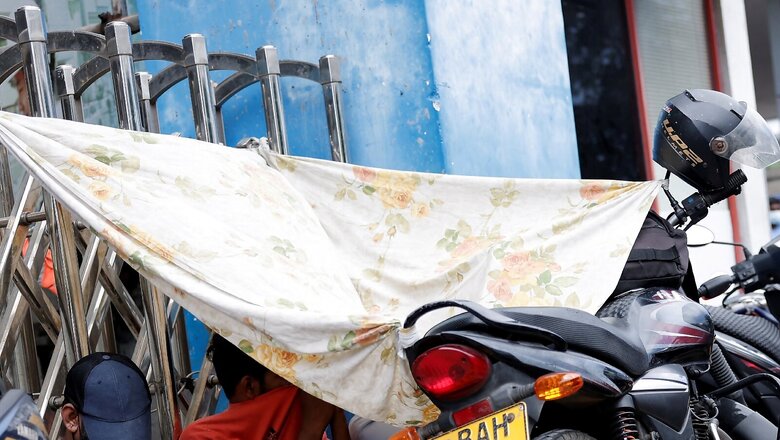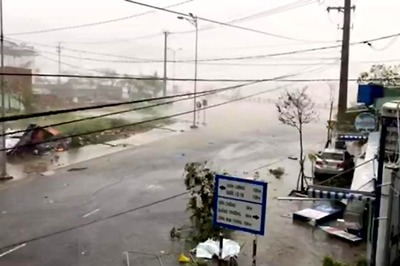
views
Sri Lankan schools, both government and private, will remain shut for one week starting Monday, the Sri Lankan education ministry announced. The announcement comes amid a fuel crisis crippling the nation.
The Sri Lankan government took a similar measure in June when fuel crisis upended the government’s running of offices and schools.
“All government and government-approved private schools in Colombo city limits, as well as schools in other main cities in the other provinces, will be closed during the next week due to prolonged power cuts,” the Sri Lankan education ministry said, according to news agency Daily Mirror Lanka.
Nihal Ranasinghe, the Lanka education ministry secretary, urged schools to conduct online classes. He clarified schools at the divisional level will be allowed to conduct classes with less number of students only if transportation difficulties do not affect the students and school staff.
The Public Utilities Commission of Sri Lanka (PUCSL) agreed to no power cuts between 8 am-1 pm on weekdays to facilitate online teaching, the Daily Mirror said in a report.
Sri Lanka is seeing widespread protests after its forex reserves dwindled plunging the nation into an unparalleled economic crisis since its independence in 1948.
Though prime minister Mahinda Rajapaksa resigned, protests only have grown stronger demanding the resignation of president Gotabaya Rajapaksa’s and also against the appointment of Ranil Wickremesinghe as the country’s new PM in May.
The protests demand the Rajapaksas leave Lankan politics and the president’s powers be curbed.
Sri Lanka’s food inflation in May stood at 57.4%, along with shortages of key food items.
Sri Lankan economy is gearing up for a sharp contraction as basic inputs for production remain unavailable. The currency has depreciated by 80% since March.
The dwindling forex reserves and the nation’s failure to meet debt obligations have further exacerbated the crisis.
The food security, agricultural future and health services of millions of Sri Lankans are affected due to the current crisis. The production of food in the previous harvest season was 40 – 50% lower than last year, and the current agricultural season is at risk, due to shortages of seeds, fertilizers, fuel and credit.
(with inputs from ANI)
Read all the Latest News, Breaking News, watch Top Videos and Live TV here.



















Comments
0 comment